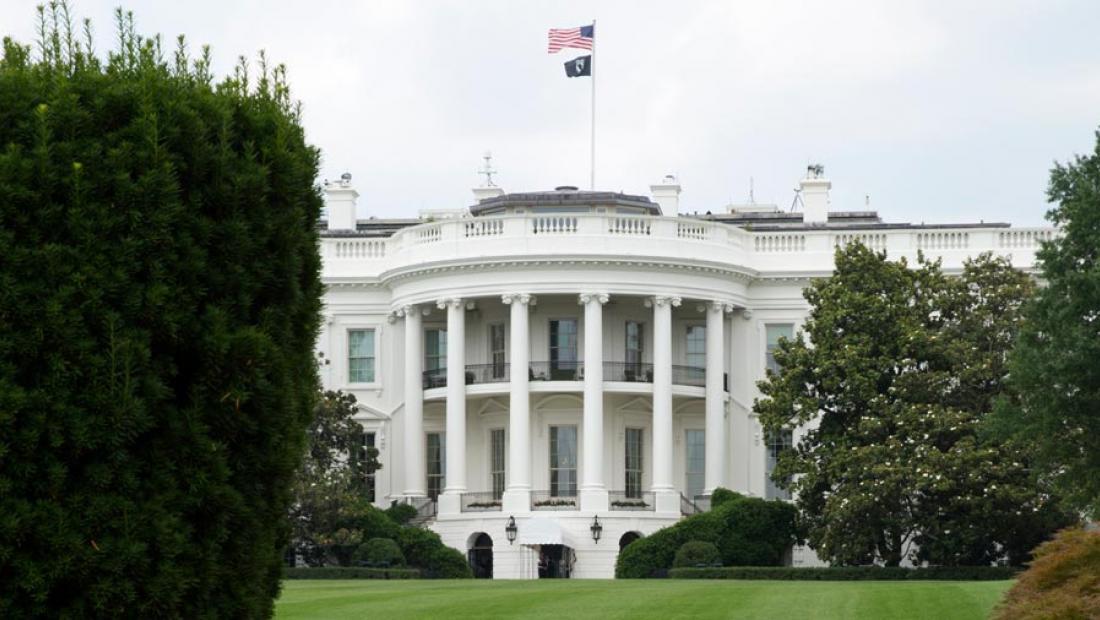White House Holds 5G Summit

The smarter way to stay on top of the multichannel video marketplace. Sign up below.
You are now subscribed
Your newsletter sign-up was successful
The White House held a summit on 5G Friday, the deployment of which is a priority both for the Trump Administration and its pick for FCC chair, Ajit Pai.
Not surprisingly, then, the summit heard from both the White House's chief communications policy advisor, David Redl, head of the National Telecommunications & Information Administration and Ajit Pai.
Related: It's All About the Wires
Pai's remarks came only two days after the FCC voted to speed the small cell deployments on which 5G depends by reducing the fees and timelines for local reviews of tower siting.
Pai branded FCC efforts the 5G FAST (Facilitate America’s Superiority in 5G Technology) plan, taking a page from the Hill and its legislative acronyms That plan comprises "freeing up spectrum, promoting wireless infrastructure [this week's small cell vote], and modernizing regulations."
Pai said time was of the essence given that the U.S. is hardly operating in a vacuum.
"We are not alone in our pursuit of 5G, he said. "The U.S. is in the lead, thanks to our private sector as well as the work of the FCC, this Administration, and Congress. But China, South Korea, and many other countries are eager to claim this mantle."
The smarter way to stay on top of the multichannel video marketplace. Sign up below.
Redl laid out a vision of the transformative power of next gen wireless broadband: "5G means major increases in capacity and download speeds," he said. "Crystal-clear, high-definition video applications will become standard. Virtual-and augmented-reality technologies will take a leap forward. Speeds that dwarf what you can now get at home will be available in the palm of your hand."
Redl also talked about collecting better data to show where broadband still needs to be deployed. There has been much criticism of the quality of data both NTIA and the FCC rely on for maps of where service is and isn't.
"Our plan now is to take a phased approach to collecting the data we need to make a broadband availability map that shows the true picture of where we are," he said. "We will be working with states that already have collected broadband availability data, or had otherwise strong broadband programs. This will allow us to get the most value for the resources allocated to us by Congress."
He also said they were looking for help to digest that new info. "By the end of the year we will be issuing a request for proposals for additional data, and a technology service provider that will help us integrate all of the data sources we can bring together," said Redl
Also making remarks at the summit was Sen. John Thune (R-S.D.), chairman of the Senate Commerce Committee, who put in a plug free up more spectrum, including unlicensed."we must also be mindful of the critical role unlicensed spectrum plays in the development of 5G and throughout the communications landscape," he told the White House gathering. "Wi-Fi operating on unlicensed spectrum is responsible for a tremendous and growing amount of the data transmitted in our homes and offices, and will play an increasing role in the future."IPS would second that, since Wi-Fi hotspots are currently the primary mobile broadband play for cable ISPs.
Contributing editor John Eggerton has been an editor and/or writer on media regulation, legislation and policy for over four decades, including covering the FCC, FTC, Congress, the major media trade associations, and the federal courts. In addition to Multichannel News and Broadcasting + Cable, his work has appeared in Radio World, TV Technology, TV Fax, This Week in Consumer Electronics, Variety and the Encyclopedia Britannica.

